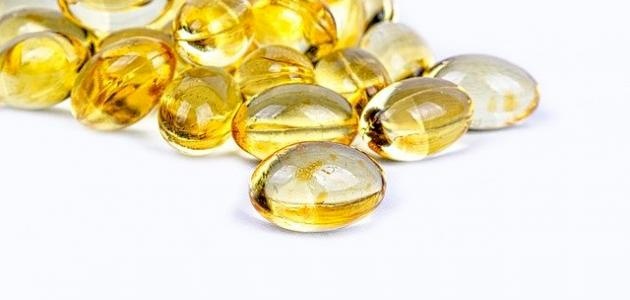
Research: Vitamin D Supplements Help Delay Signs of Aging
SadaNews - Recent research suggests that vitamin "D" supplements may help prevent the loss of telomeres, which are DNA sequences that shorten with aging, causing signs of aging. However, scientists have stated that their health effects are still unclear, according to a publication in Scientific American.
Comprehensive Treatment
While vitamin D has been described as a comprehensive treatment for many health conditions, from cardiovascular diseases to bone loss, a large-scale randomized controlled trial conducted in 2020 concerning dietary supplements found benefits in only a few cases, particularly in autoimmune diseases and advanced cancer cases, as stated by the lead researcher of the new study, Joan Manson, a professor of medicine at Harvard Medical School, who noted that the findings could explain the protective effect of vitamin D supplements on diseases linked to aging.
Clinical Effects and Biological Mechanism
Researcher Manson added that "if this experiment is repeated in another randomized study of vitamin D supplements, the results could translate into clinical effects on chronic aging diseases," pointing out that "it has already been observed that vitamin D reduces inflammation, decreasing advanced cancer cases and deaths resulting from it, as well as autoimmune diseases, which could provide a biological mechanism."
Chromosomes of Body Cells
Manson explained that within the nuclei of most human body cells, there are 46 chromosomes where DNA is tightly packed. Each time a cell divides, these chromosomes unravel and copy themselves, then return to the nuclei of the new cells.
Telomeres are repetitive DNA sequences that cover the ends of chromosomes. They stabilize chromosomes during cell division, although they become shorter each time the cells divide.
Biomarker for Aging
She clarified that when telomeres become too short, cells cease to divide and die. Over time, as more cells die, the body ages and eventually stops functioning. It was revealed that telomeres are not a perfect clock for health - overly long telomeres can increase the risk of cancer by stabilizing mutated cells - but they are often used as a biomarker for aging.
Haydong Cho, the lead researcher in the study and a molecular genetics scientist at the Medical College of Georgia, stated that "vitamin D supplements are capable of slowing down the process of telomere shortening, at least over a four-year period."
Scientific Reservations
Mary Armanios, a professor of oncology and director of the telomere center at Johns Hopkins University, who did not participate in the research, warned that "the length of telomeres does not really affect aging except in extreme cases," noting that the size of the noticeable variation in the vitamin D trial falls within the normal range of human differences, meaning it may not equate to aging or youth clinically.
Risks of Excess Vitamin D
A large study conducted on individuals aged 60 and above in the UK also found that very high levels of vitamin D in the blood are associated with shorter telomeres, suggesting that more is not always better. Researcher Manson commented that participants in the Harvard study received moderate amounts of vitamin D supplements. Cho added that the results need to be repeated on a more diverse sample, confirming that the research team is currently analyzing data from 1,054 participants in the trial to understand other aspects of cellular aging, including DNA methylation, a type of gene expression regulation.
Better Understanding
Manson concluded by saying that these results lead researchers toward a better understanding of who should take a daily dietary supplement. She added, "The global recommendation should not be to test vitamin D blood levels or take a supplement, but it seems that selected high-risk groups could benefit."

Why Does Acne Increase in Winter and How Can We Get Rid of It?

Do You Grind Your Teeth?

A Study from Google: AI Models Think Collectively, Not Individually

An Essential Nutritional Supplement for Hair: What Do We Know About Vitamin B3?

The Discovery of the Oldest Poisoned Arrowheads in History

In Response to His Wife's Allegations of Abuse.. Egyptian Artist Defends Himself

Will Phytofillin Replace Cosmetic Injections in 2026?

